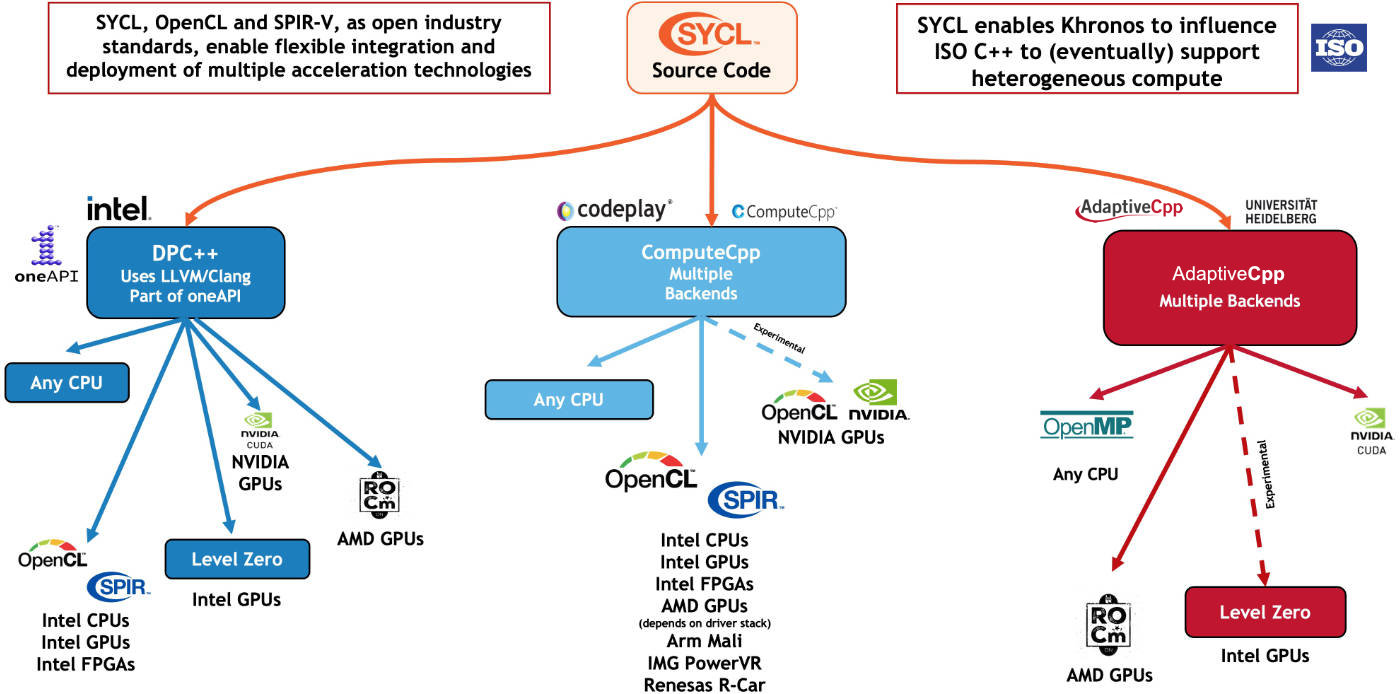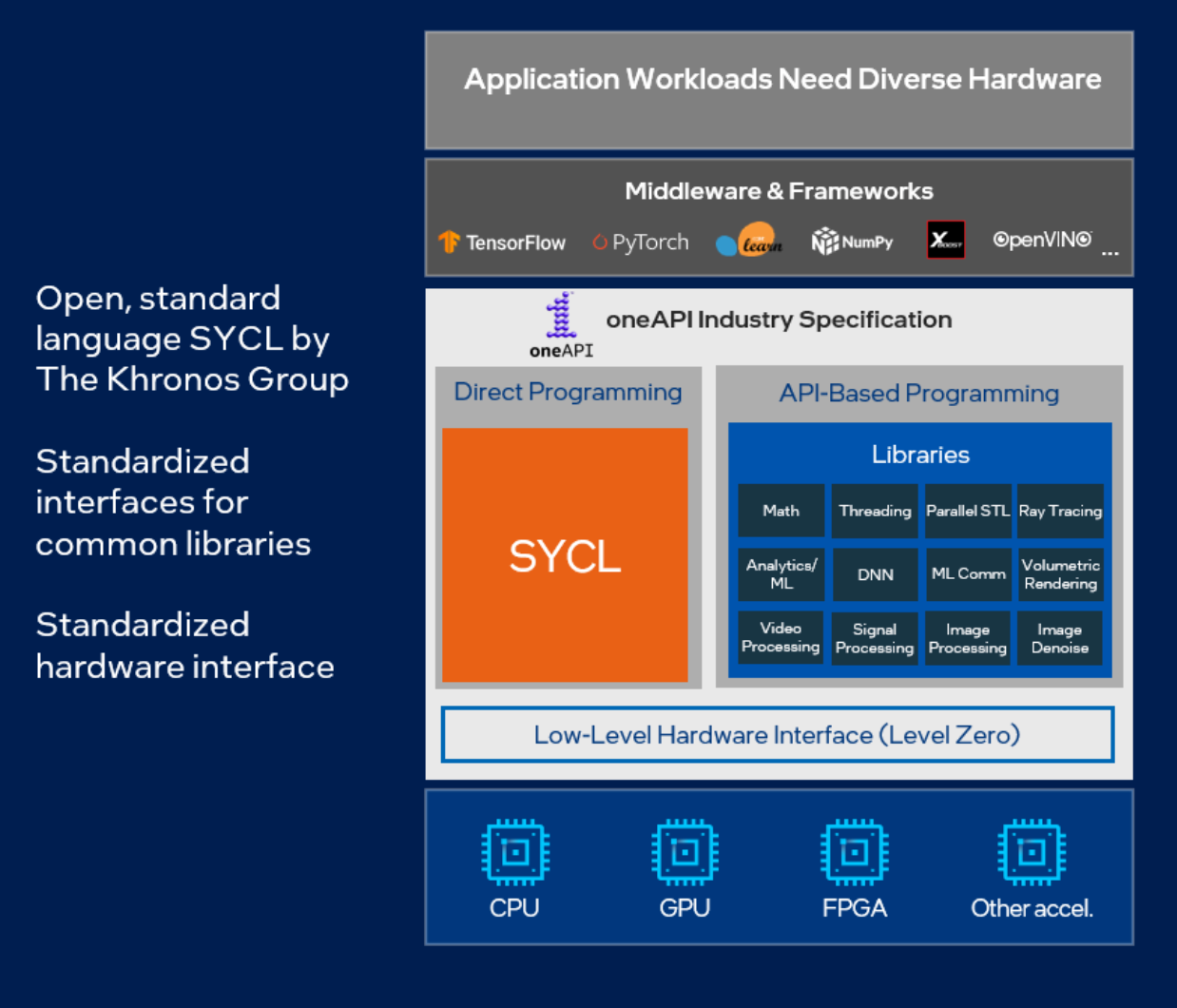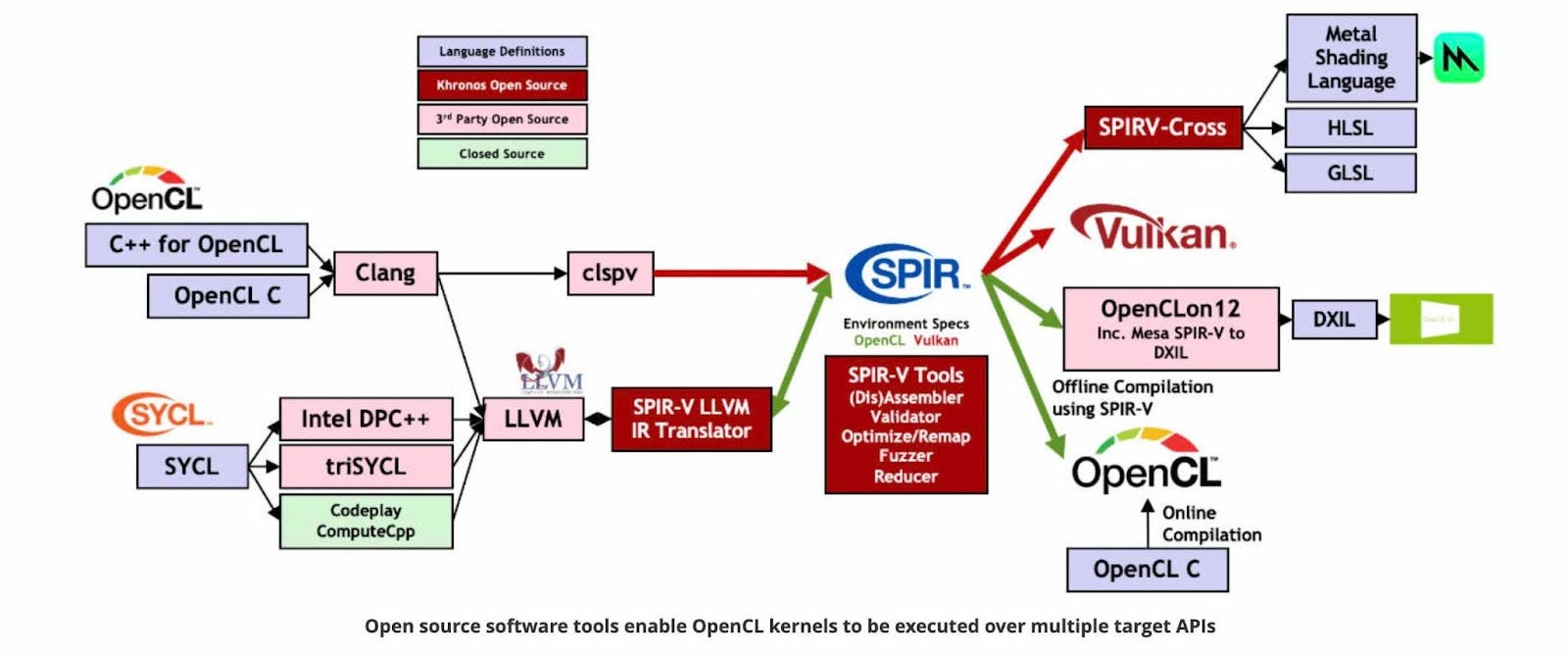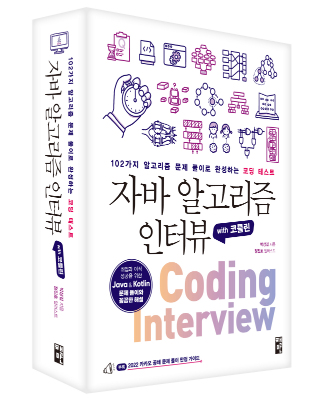GPU Compute
Platforms, Frameworks, Tools
- NVIDIA: CUDA
- AMD: ROCm
- Khronos: OpenCL, Vulkan (replacement for OpenGL) → Kompute, SYCL
- Intel: oneAPI → SYCL (Khronos)
SYCL

It’s important to note that SYCL needs to rely on another tool as a ‘backend’ and there are, for example, CUDA and OpenCL backends.
oneAPI

Intel provides implementations of both SYCL (through the Intel DPC++ compiler) and of the APIs.
oneAPI ecosystem include:
- DPC++ (Data Parallel C++): The primary oneAPI SYCL implementation, which includes the icpx/icx Compilers.
- Nvidia & AMD Plugins: These are plugins extending oneAPI’s DPC++ support to SYCL on Nvidia and AMD GPU targets.
OpenCL
- OpenCL is more verbose than CUDA
- OpenCL separates Kernel code into files that are distinct from the host C/C++ in contrast to CUDA’s ‘single file’ approach.
Apple deprecated OpenCL in MacOS 10.14 (released in 2019) and now prompts developers to use Metal instead. AMD has de-emphasized support for OpenCL in favor of HIP.
ROCm
AMD’s track record of support for their tools does not completely inspire confidence. AMD favored OpenCL for a period, then HCC but has now switched to HIP / HIPIFY.
SPIR
SPIR stands for ‘Standard Portable Intermediate Representation’. It provides a common ‘intermediate representation’ for Kernels in OpenCL and Vulkan.

- CUDA’s (Nvidia, 2007) introduction was a major milestone in making GPGPU programming accessible.
- OpenCL (Khronos, 2009) has the widest support across platforms and is the most mature open standard but development has slowed, and it’s been abandoned/deemphasized by Apple and AMD.
- SYCL (Khronos, 2014) provides a way of deploying C++ across a range of platforms.
- ROCm (AMD, 2016) tries to obtain a degree of interoperability with CUDA and Nvidia hardware.
- oneAPI (mainly Intel, 2020) is effectively an enhancement of SYCL and provides a way of deploying a C++ code base across multiple platforms, including Nvidia GPUs.
Last Modified: 2024/04/21 01:42:45
